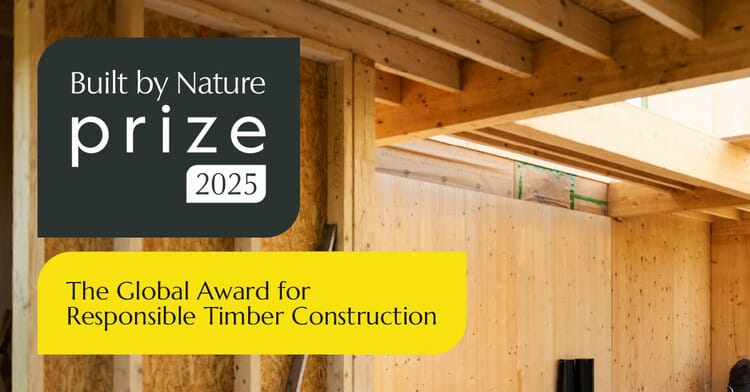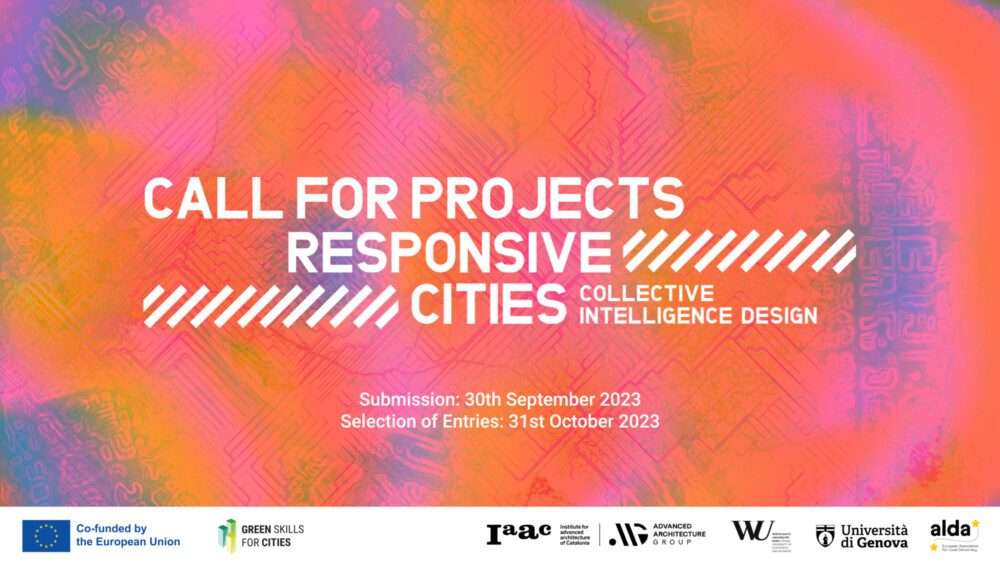13th International Architecture Biennale of São Paulo Opens Co-Curatorship Call for Proposals
The Brazilian Institute of Architects (IABsp), executor of the International Architecture Biennale of Sao Paulo , after leaving the draft brief for public consultation from October 10th to 25th, launches, on November 4th, the Co-Curatorship involve Proposals for the 13th BIA. Proposals are often sent through the web site english.bienaldearquitetura.org.br until January 24th, 2021. This edition counts with a 12-member commission that has IAB representatives from other states to confer plurality within the monitoring of the event of national and international reach.
This edition of the Architecture Biennale starts faraway from a reality of intense transformations generated by the COVID-19 pandemic round the world, which required intense efforts by urban, social and professional organizations for survival. during this way, we propose a better look on the challenges imposed by this crisis, also as reflections and proposals that began for social practices, spatial arrangements and therefore the possibilities of living and reworking realities in urban and rural areas.
Therefore, the central issue of the 13th International Biennale of Sao Paulo , which can happen in 2022, is RECONSTRUCTION. “Based on the thought of rebuilding, recasting and renewing the relationships between social groups with their domestic spaces, between citizens and public spaces and private and professional plots, which happen on the confined spaces and within the collective use ones, during the COVID-19 pandemic”, highlights Sabrina Fontenelle, resident curator of this edition and cultural director of IABsp.
To this end, the Co-Curatorship Call proposes to unfold the concept of RECONSTRUCTION in five preliminary guiding axes: democracy, bodies, memory, information and ecology. consistent with Fontenelle, the event must also prioritize sites of the town to attach and integrate actions: a network of public and community centers where integrated urban and environmental transformation projects are underway in dialogue with local communities (Jardim Guarani, Jardim Pantanal, Parque Pinheirinho D‘Água, Jardim Lapenna and Parque Novo Mundo) in partnership with the Pacto Pelas Cidades Justas; and cultural equipment and public spaces on the Avenida Paulista area. Places to host exhibitions, debates and activities that involve populations within the city, with the understanding that multiple manifestations must be welcomed and discussed during this event.
“This process will seek to contribute as a strengthening of a network of collaboration – involving universities, cultural institutions, social movements, among others – which consist during a social pact to share projects, narratives, experiences, tools that make it possible to know , act and transform the environment and concrete culture.”, completes Fernando Tulio Salva Rocha Franco, president of IABsp.
About the guiding axes:
In a country facing threats of democratic recession, the purpose of Democracy offers a critical reflection on the way to guarantee and encourage political practices in urban spaces and on how can cities be transformed to more accessible, safe, welcoming, inviting places, but even be where contrasts and conflicts are latent, discussing questions on the presence of various social classes, races and genders. It also proposes that innovative solutions are stimulated in reference to democratic planning and management, supported experiences linked to the territory.
The axis Bodies (2) launched a discussion about the connection between space and issues like intersectionality, vulnerabilities and social policies. we propose a mirrored image on the way to guarantee collective practices in sight of questions of public health, discrimination, violence and rights violations, so as to rethink the way to guarantee access, coexistence and circulation of individuals . Besides, it announces the urgency of guaranteeing specific programs for specific groups, like children, youths, children, bearers of special needs, especially in vulnerable territories during this crisis, expanding the talk on the vulnerabilities of bodies within the cities’ flow. In reference to the architectural spaces, it’s also proposed to reflect on the pliability of domestic, professional and institutional spaces facing the challenge of ensuring diverse uses and collective health within the context of isolation and resumption of activities.
Understanding Memory (3) as a collective agent that confronts us during the strangeness of a replacement world and comforts us in reference to its permanence, but also as a process of permanent re-elaboration of this past within the present which has the property of conserving or deleting certain aspects, the challenge is to know the way to use the pre-existences to reinvent your lifestyle . This project also aims to reflect on how architecture and concrete infrastructure can collaborate for the development of a collective memory that becomes more compliant or processes of (re)occupation, (re)construction and (re)significance of the cities.
In this sense, Information (4) opens horizons for the talk on urban and social policies supported a topic that deals all aspects of up to date life, but it’s also restricted to specialists. We propose to shed light on the questions of privacy and protection of knowledge , as experiments with models of governance of public and personal data not managed by two bodies of daily practices, stimulating or debating collaborative cartography, face recognition , algorithmic discrimination, internet of things (IoT) and of urban data science during a perspective of governance of cities.
We close the axes of this Biennale with the question of Ecology (5), fundamental for the balance between urban and natural areas, the discussion on ecology, proposes a mirrored image on a planning of cities that’s aware of environmental balance and to the event of productive activities, aimed toward the standard of lifetime of its population, taking under consideration global climate change , low carbon cities, urban agriculture and food security.
In July and August 2020, three preparatory debates for the co-curatorial contest were broadcasted with topics associated with the very essence of art and architecture exhibitions, that proposed to believe the role of architects, urban planners then many other professionals within the construction of more just and democratic cities. For the last half of 2021, there are other Open Calls planned, to pick projects, activities and interventions linked to the Biennale.
Check out the 13th International Architecture Biennale of São Paulo official website in English. Questions at 13bienal@bienaldearquitetura.org.br
-
Title
13th International Architecture Biennale of São Paulo Opens Co-Curatorship Call for Proposals -
Type
Call for Submissions -
Website
-
Organizers
-
Registration Deadline
January 24, 2021 11:59 PM -
Submission Deadline
January 24, 2021 11:59 PM -
Price
Free







